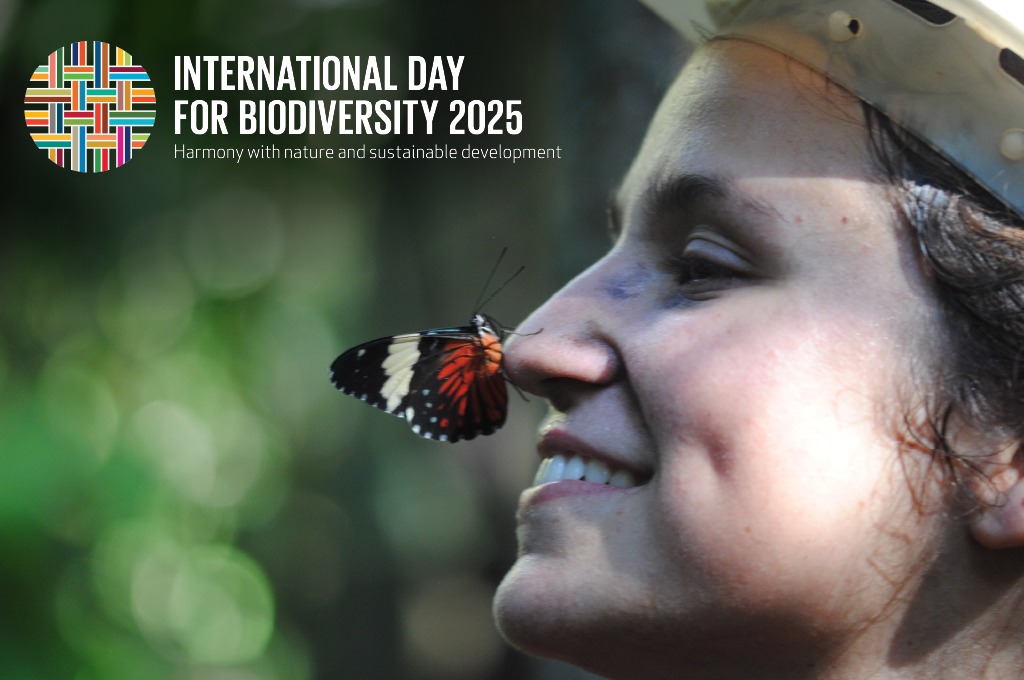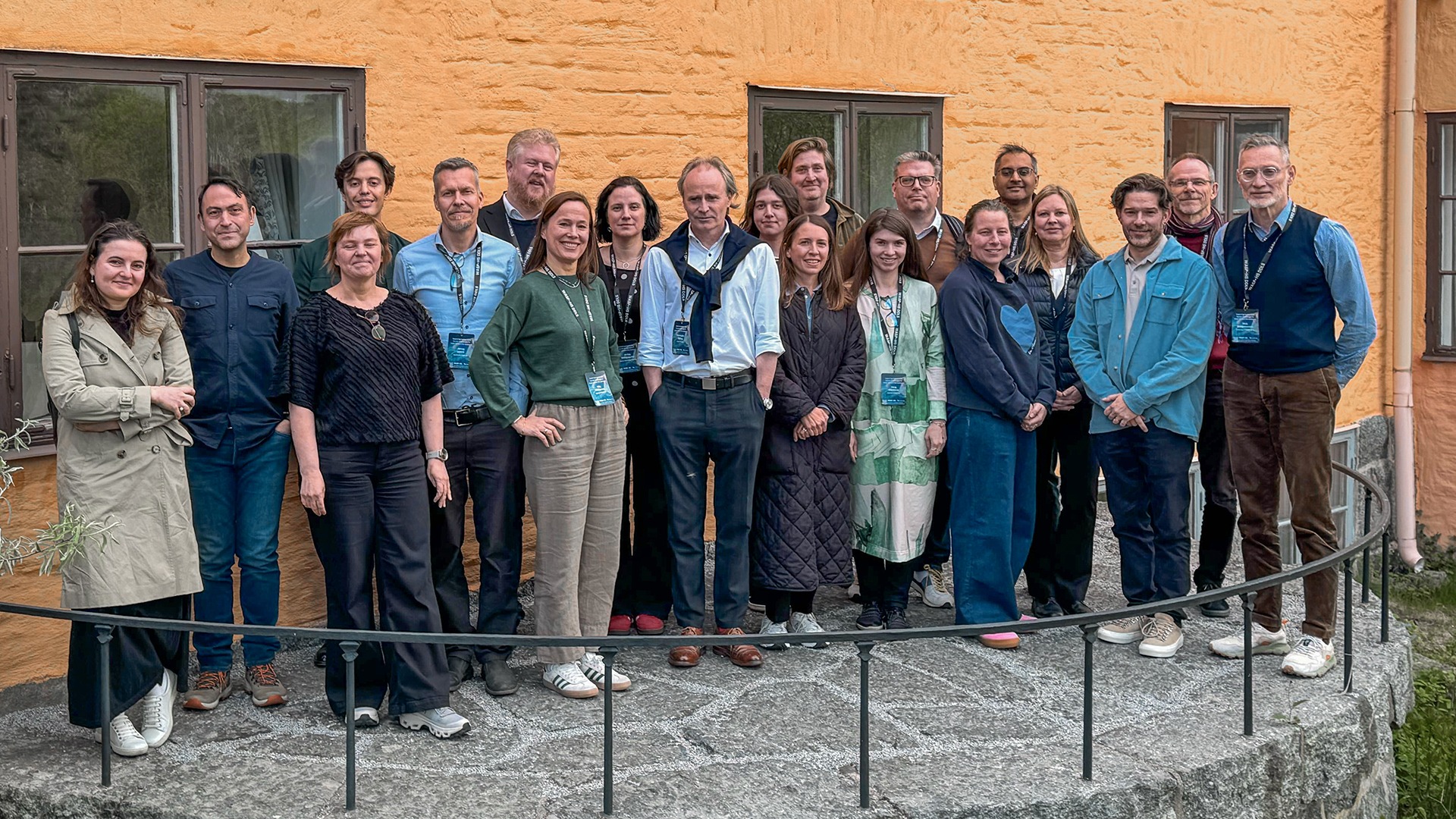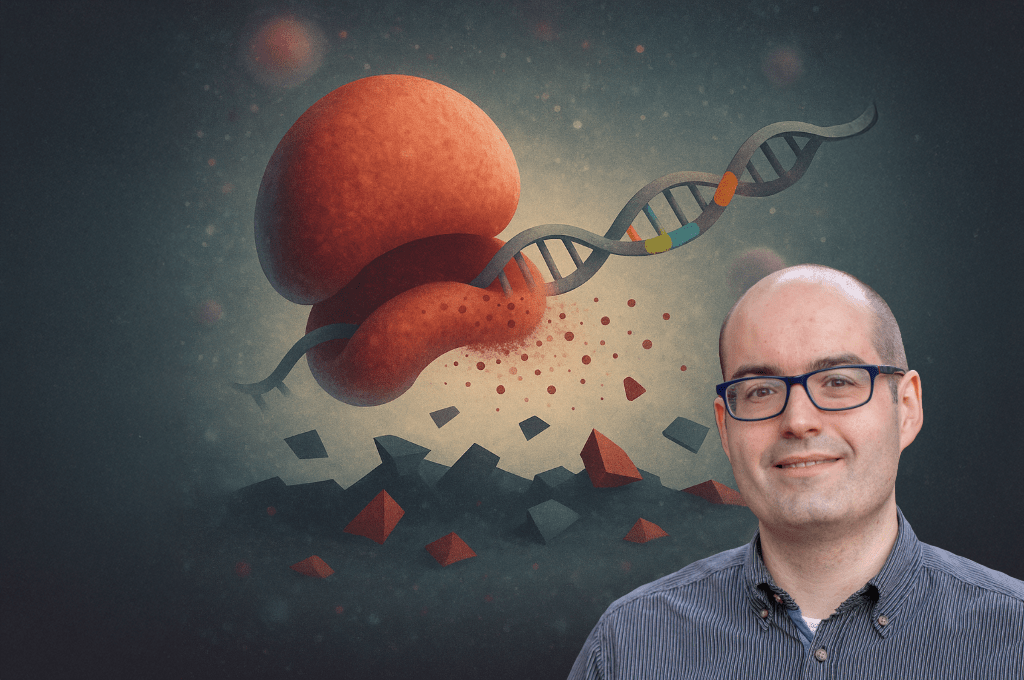The first map of genetic variation in Sweden
SciLifeLab today presents the first map of genetic variation in Sweden. The results are based on whole genome DNA sequencing of 1 000 individuals, selected to cover the variation in the whole country. Thanks to this Sweden now has a national resource, which will facilitate research and diagnostics of genetic diseases. The information has today been made available for researchers in health care and life science, and constitutes a big step forward for genetic research globally.
”This map will have great impact on many international research projects which investigate the connection between genetic variants and diseases.” Says Ulf Gyllensten at Uppsala University/SciLifeLab who leads the project.
The resource will also be directly useful for the health care sector to investigate if a genetic change in the patient is the probable cause of disease or if the variant is also present in healthy individuals.
“Diagnostics of inherited diseases have taken a leap forward thanks to the new methods for analysis of our genome.” Says Anna Wedell, at Karolinska Institutet who is also senior physician at Karolinska University Hospital.
”Interpretation of data from a patient’s genome is facilitated the more we know about normal genetic variation. With this map our ability to help the patients increases even further”. Says Anna Wedell.”
Many groups at SciLifeLab have been involved in the sequencing of the DNA-samples and the method development for data analysis. These are huge datasets and around 100 000 gigabyte of sequencing data has been produced. Since human DNA sequences contain sensitive and personally identifiable information there have been great efforts put into protecting privacy and data security.
”The fantastic thing about this resource is that it is available for all researchers. This is possible since no information about single individuals are given out, only how frequently occurring a certain gene variant is within the group.” Says Adam Ameur, at Uppsala University, who works as bioinformatician in the project.
This map represents an important progress, but research on whole genomes is still in an early stage. For example, the selection of 1 000 individuals is relatively small compared to the whole Swedish population. Thus, all common genetic variants are not yet included in the database. Furthermore, today’s methods for genome sequencing are not completely perfect and are still being refined and developed. Progress is also made every year thanks to the increasing amount of data that is being produced. Sweden and SciLifeLab play a big part in this by enabling secure ways to cooperate around these large collections of data and share information.
”Both research and health care are changing radically and knowledge about our genome will be a prerequisite in the future,” Says Ulf Gyllensten. ”This map is an early and important step in that development.”
The resource is found at swefreq.nbis.se and a description of the dataset is available at http://biorxiv.org/content/early/2016/10/17/081505
This effort is part of SciLifeLabs initiative to support national projects in genomics, which has been enabled by the kind support from the Knut and Alice Wallenberg Foundation.
For more information please contact:
About the project:
Professor Ulf Gyllensten, Uppsala University ulf.gyllensten@igp.uu.se
Professor/senior physician Anna Wedell, Karolinska Institutet anna.wedell@ki.se
About the national projects and SciLifeLab:
nationalprojects@scilifelab.uu.se




